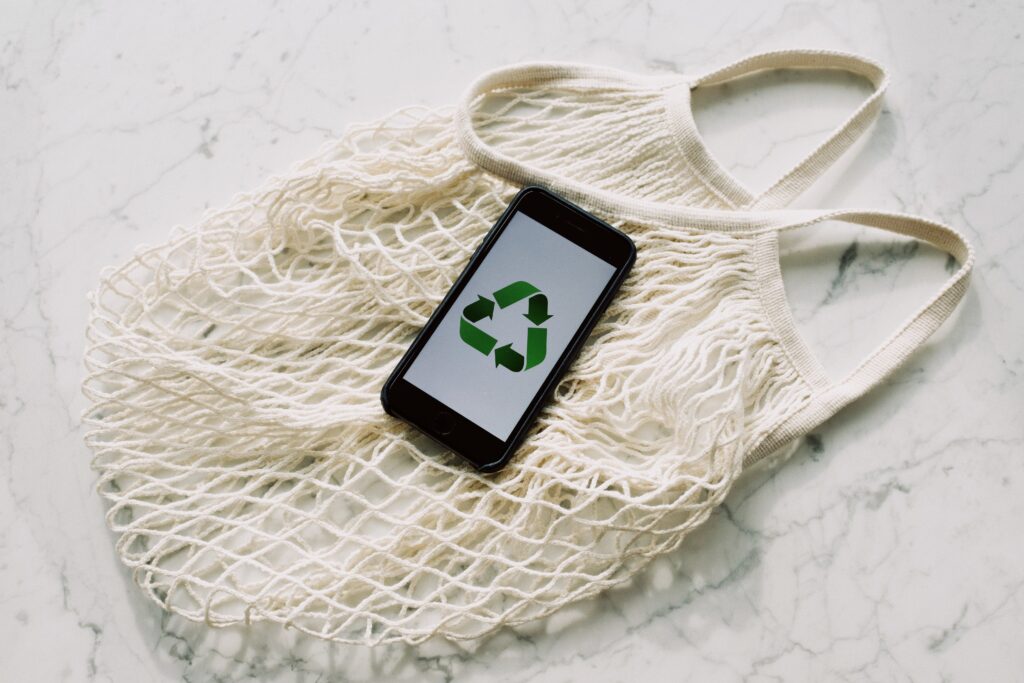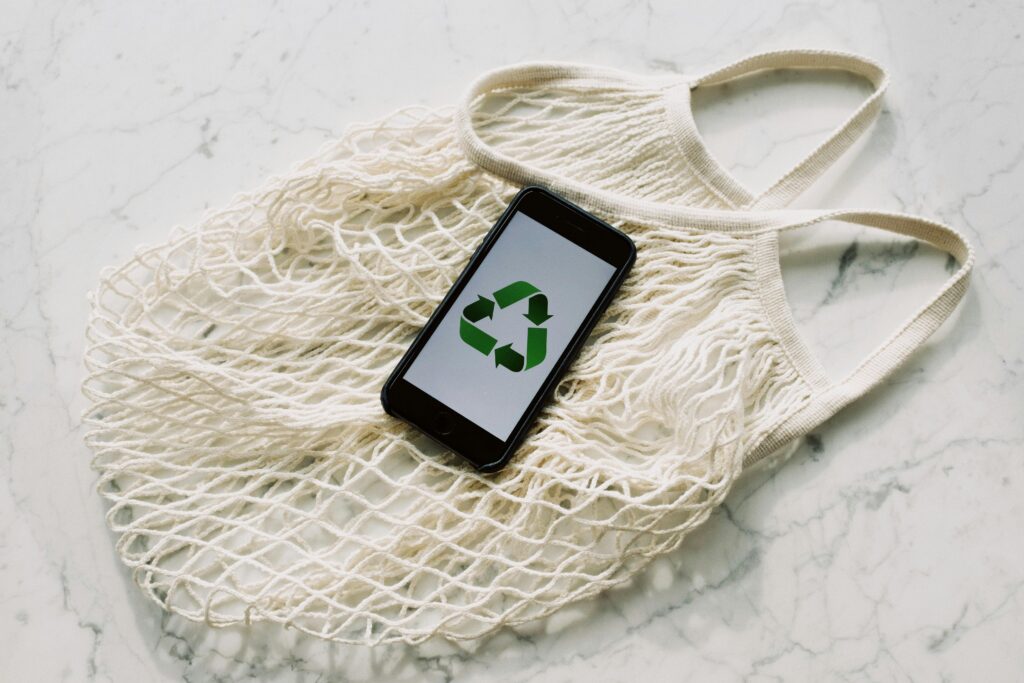In our quest for a sustainable future, finding innovative solutions to manage plastic waste has become a pressing global concern. With the rise in plastic consumption, recycling holds the key to transforming waste into a valuable resource. In this blog post, we will delve into the promising potential of plastic recycling and explore how it can pave the way for a greener tomorrow.
The Environmental Imperative:
Plastic pollution has emerged as one of the most significant environmental challenges of our time. It infiltrates our oceans, pollutes our landfills, and harms wildlife. The need to tackle this issue head-on cannot be overstated. By embracing plastic recycling, we can reduce the demand for virgin plastics, conserve natural resources, and mitigate the negative impact of plastic waste on our planet.
Technological Advances:
The advancement of recycling technologies has revolutionized the plastic recycling industry. From mechanical recycling to chemical processes like pyrolysis and depolymerization, innovative techniques are emerging that offer greater efficiency and higher-quality recycled plastics. These advancements enable a wider range of plastics to be recycled, including those previously considered non-recyclable. With further research and development, the potential for plastic recycling is only set to expand.
Closing the Loop:
Plastic recycling is not just about reducing waste; it is about closing the loop in the product lifecycle. By designing products with recyclability in mind, manufacturers can ensure that materials are recovered and reused. This concept, known as “circular economy,” aims to create a sustainable system where plastic waste is continuously recycled and reintegrated into the production process. Embracing this approach requires collaboration among stakeholders, including consumers, manufacturers, and policymakers.
Economic Opportunities:
Beyond its environmental benefits, plastic recycling presents significant economic opportunities. The recycling industry generates employment, fosters innovation, and drives economic growth. The demand for recycled plastics is on the rise as more companies recognize the value of sustainable practices and seek to incorporate recycled materials into their products. Investing in recycling infrastructure and supporting the growth of this sector can yield substantial economic benefits for communities worldwide.
Consumer Awareness and Engagement:
Engaging consumers in the recycling process is crucial to its success. Raising awareness about the importance of recycling and providing accessible recycling facilities can empower individuals to make conscious choices. Education campaigns on proper sorting and recycling practices help ensure that recycled materials are of high quality, maximizing their potential for reuse. Encouraging the use of recycled products and supporting businesses that prioritize sustainability further drives demand for recycled plastics.
Government Initiatives and Policies:
Governments play a vital role in driving plastic recycling initiatives. Implementing policies that promote recycling, such as extended producer responsibility (EPR) programs and plastic waste management regulations, can create a favorable environment for recycling industries to thrive. By providing incentives and supporting research and development in recycling technologies, governments can accelerate the transition to a circular economy.
Collaboration for Success:
The journey from waste to resource requires collaboration between various stakeholders. The success of plastic recycling relies on partnerships between governments, businesses, and individuals. Governments can create an enabling policy framework, businesses can invest in sustainable practices and innovation, and individuals can make responsible choices in their daily lives. Together, we can unlock the full potential of plastic recycling and shape a more sustainable future.
Conclusion:
Plastic recycling holds immense promise as a means to address the plastic waste crisis and transition towards a more sustainable future. By harnessing technological advancements, embracing circular economy principles, and fostering collaboration among stakeholders, we can turn plastic waste into a valuable resource. It is up to us as individuals, businesses, and governments to drive change and pave the way for a greener and cleaner planet. The time to act is now, and the promise of plastic recycling awaits fulfillment.








